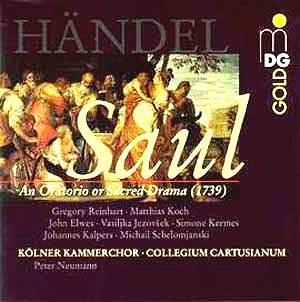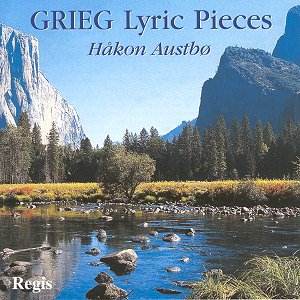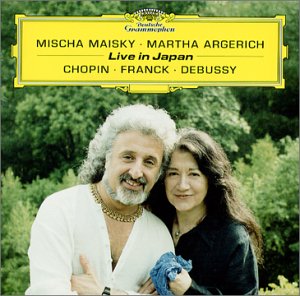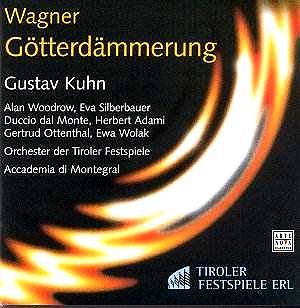 Composer: Antonio Vivaldi
Composer: Antonio Vivaldi
Works: Cello Concerto in E minor, Concerto in G major RV 413, Concerto for strings and cembalo in D, Cello Concerto in G major RV 417, Concerto for strings and cembalo in A major, Concerto for two cellos RV 411
Performers: Alexandre Debrus (cello), Elaine Debrus-Boucher (second cello), Arpeggio Chamber Orchestra, Gilberte Boucher (conductor)
Recording: 1990s? (DDD)
Label: Pavane ADW 7352 [63.32]
Vivaldi’s contributions to the concerto form are foundational, particularly his penchant for weaving lyrical lines into vibrant, energetic frameworks. His cello concertos, while perhaps overshadowed by his ubiquitous violin works, reveal a captivatingly expressive side of the composer that deserves attention. The present recording features Alexandre Debrus and Arpeggio Chamber Orchestra under Gilberte Boucher, offering an interpretation that oscillates between vivacity and moments of introspection.
The performances are characterized by Debrus’s warm tone and the ensemble’s spirited approach. However, the absence of clear RV designations for some concertos initially creates a sense of bewilderment, reminiscent of a symphonic performance without a proper identification. The lack of detailed program notes is a missed opportunity for deeper engagement, particularly in the context of Vivaldi’s prolific output. While the RV numbers serve as a guide, one wishes for more clarity regarding the less familiar works included in this collection.
Examining the interpretation, the opening movement of the Cello Concerto in E minor—though lacking an RV number—unfolds as a beautiful cantilena, executed with a sensitivity that highlights the lyrical potential of the cello. The ensuing vigorous allegros possess a captivating energy, yet one occasionally senses an over-eagerness that can detract from the music’s natural flow. The third movement’s Lento stands out as particularly notable, its haunting quality rendered with remarkable finesse by Debrus. Nonetheless, moments of variable intonation in the finale of the second concerto raise questions about consistency, though the bravura displayed during the rapid passages reveals Debrus’s technical prowess.
The recording quality is generally commendable, with a clear delineation of texture. However, there are instances where the orchestral accompaniment feels distant, particularly in the G minor Concerto RV 417, which diminishes the intended dialogue between soloist and ensemble. The central andante, while appropriately marked, plods at a pace that feels somewhat aimless, potentially losing the listener’s engagement. The finale, replete with humor and vitality, benefits from Debrus’s spirited interpretation, yet it occasionally borders on the heavy-handed, which might alienate purists seeking a more traditional reading.
The inclusion of the Double Cello Concerto RV 411 adds a refreshing dimension to the program, with the interplay between Debrus and his fellow cellist, Elaine Debrus-Boucher, providing a rewarding counterpoint in the slow movement. Here, the dialogue blossoms, showcasing an admirable rapport that elevates the performance. However, the overall impression of the disc is mixed; while the interpretations are vibrant, the repetitiveness inherent in Vivaldi’s style becomes apparent as the disc progresses, echoing Stravinsky’s quip about Vivaldi’s formulaic approach.
While the performances are lively and engaging, they occasionally falter under the weight of interpretative choices that lean toward the eccentric. Debrus’s efforts, while admirable, sometimes risk overshadowing the music’s inherent grace. The recording offers a pleasant entry point into Vivaldi’s cello repertoire, but one might find more compelling interpretations in the catalog from artists such as Yo-Yo Ma or Mischa Maisky, who balance technical brilliance with a more nuanced understanding of the composer’s idiom.
A vibrant yet uneven exploration of Vivaldi’s cello concertos, this disc merits attention for its charm and energy, despite some interpretative missteps. The recording encapsulates the spirited essence of Vivaldi while inviting listeners to appreciate the subtleties of the cello repertoire within a Baroque context.



